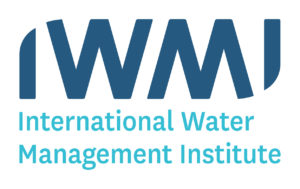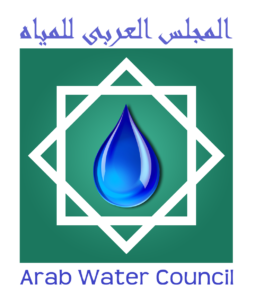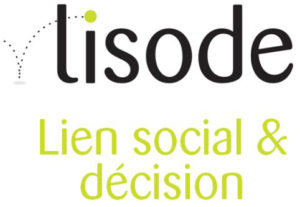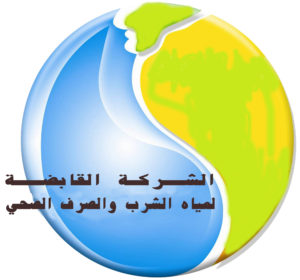2nd National Learning Alliance Wastewater Reuse Dialogue and Validation of the “Egypt Wastewater & Reuse Baseline Report” Workshop via Video Conference, May 27, 2020
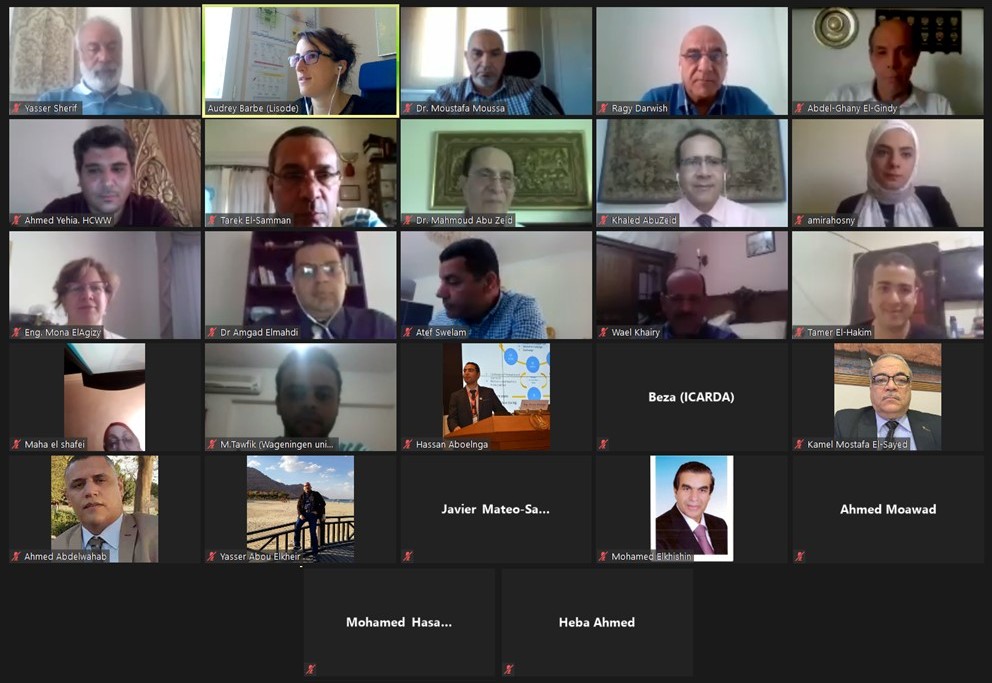
The ReWater MENA project aims at the reuse of water in a safe manner by developing a shared strategy for water reuse in Egypt until 2030. This project which is funded by SIDA and led by the International Water Management Institute (IWMI), is implemented by the Centre for Environment and Development for the Arab Region and Europe (CEDARE) in cooperation with the International Center for Agricultural Research in the Dry Areas (ICARDA), and other national stakeholders in Egypt.
 CEDARE hosted the 2nd National Learning Alliance Dialogue to discuss the draft “Egypt Wastewater & Reuse Baseline Report” prepared by ICARDA via 3-hour video conference on May 27, 2020. The workshop was held in the presence of experts in the field.
CEDARE hosted the 2nd National Learning Alliance Dialogue to discuss the draft “Egypt Wastewater & Reuse Baseline Report” prepared by ICARDA via 3-hour video conference on May 27, 2020. The workshop was held in the presence of experts in the field.
In the opening of the workshop, Dr. Khaled AbuZeid, Regional Director of Water Resources, CEDARE, welcomed the participants and he stated that in order to develop a sound and credible National Strategy for the Water Reuse, we need to have a good baseline of the current situation. Most important information in preparing a future Wastewater Reuse Strategy are: annual volumes of wastewater produced, annual volumes treated, level of treatment, the current locations of the existing wastewater treatment plants, and the points of disposal. The Baseline should also identify the current population and planned growth rate in each governorate. Some governorates may be planned for urban expansion and population attraction and relocation, while others, especially those that are mostly agriculture lands, may plan to maintain its existing population to preserve agricultural lands. With this information, potential reuse options can be explored.
Dr. Abuzeid added that, in order to evaluate the economic feasibility of wastewater reuse options and to compare it with alternative water resources, including desalinated seawater or brackish water, treated agriculture drainage water, fresh Nile water or groundwater, the baseline costs (including capital costs as well as the operation and maintenance costs) are needed.
In addition, Dr. Abuzeid stated that as part of the baseline and to be able to develop the 2030 Water Reuse Strategy, it is important to know the existing government plans and targets for that future to accommodate these plans or modify them to incorporate reuse plans. There are current plans that relate to increasing wastewater collection services and treatment capacity for the current population, and the expected future generations in the coming 10 years, he added, that needs to be considered.
Dr. Abuzeid emphasized it is important also to know the current agriculture expansion plans and their locations to evaluate its proximity to potential treated wastewater sources.
 Dr. Amgad El Mahdi, Head of the Middle East and North Africa Region Office of the International Water Management Institute (IWMI) also welcomed the attendees in his opening speech of the workshop. He pointed out the importance of developing the desired strategy through the project.
Dr. Amgad El Mahdi, Head of the Middle East and North Africa Region Office of the International Water Management Institute (IWMI) also welcomed the attendees in his opening speech of the workshop. He pointed out the importance of developing the desired strategy through the project.
Dr. Atef Swelam, ICARDA’s senior scientist, presented the Baseline report for wastewater reuse in Egypt, and then the discussion was opened for validation of the report.
Participants expressed the importance of reuse of wastewater and agreed that there are data gaps and there needs to be improvement of the baseline. The numbers are important, but the focus should also be in developing key strategic policies and projects that can serve as pilots and experience needs to be gained to ensure economic development, environment and health sustainability, as well as financial sustainability.
In conclusion, Dr. Amgad and Dr. Khaled AbuZeid appreciated the feedback of the participants and agreed that a smaller working group is needed to validate some of the data, fill in the gaps, and finalize the Baseline report. The next steps will be the development of 2030 Water Reuse Targets which will start by a consultation meeting on the proposed strategic targets for 2030.
